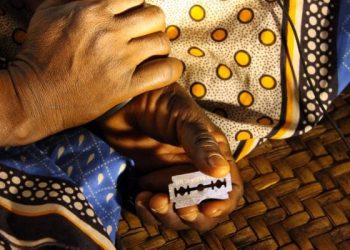When considering those who make up the “poorest and most vulnerable” members of our society who should be eligible for palliative packages being distributed by governments and public-spirited individuals, women (especially widows) children, destitute and elderly primarily come to mind.
After about six weeks of restrictions and lock-downs many more people are becoming poorer and more vulnerable. Indeed, some sections of the economy, such as religious workers, school staff, workers in the hospitality sector and others are still barred.
They need some kind of intervention or palliatives to save them from hunger-induced death.
Of particular interest are pensioners and retirees from both public and private employment. These were people who, in their hey-days, were able breadwinners. They called the shots at commanding heights of our society in their younger days. Not all of them were able to secure permanent economic independence before they retired.
Some of them retired long ago with no family member in the position to adequately support them. Among them are former government workers whose pensions have been stopped by today’s office-holders. For such people who need extra support to feed and pay their bills life has been hellish under the prolonged lockdown.
Last week, the Nigerian Union of Pensioners, NUP, the umbrella organisation for retired public sector workers cried out that they, too, are vulnerable and deserve to be included among recipients of COVID-19 palliatives.
A statement released through the NUP’s Secretary General, Elder Actor Zal, declared: “Pensioners are some of the most vulnerable in the country”. They called on the Presidential Task Force on COVID-19 to liaise with the Union “on how to get the palliative distribution to the real pensioners in all nooks and crannies of the country”.
There is a saying thus: “Youth is a blunder, manhood is a struggle, and old age is a regret”. Old age is getting to be more of a regret in Nigeria because our society is rapidly leaving the era of old people’s dependency on their children or family members for support, yet we have not arrived at the era where the elderly are sure of the state taking up that role.
If anything, political leaders, especially at the state levels, find it very easy to abdicate their responsibility to pay workers and pensioners when due.
Pensioners are forced to go through harrowing experiences to receive their pensions and some die on pension verification queues.
This must change. Let us remember that if we are blest enough to become retirees the suffering we are subjecting our elderly folks to will be there to meet us.
Pensioners should be seen for the vulnerability of their situation and properly factored into the palliatives in addition to regular payment of their pensions.













































